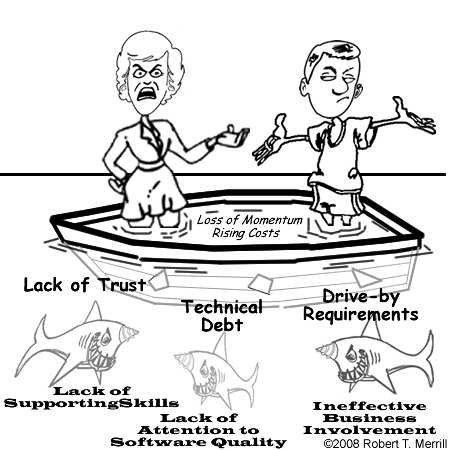What is Imposter Syndrome and how I got over it
How it all happened
There were too many areas of concerns to address in this project.
This is probably the second most challenging project encountered within the first decade of my career.

I mumbled to myself:
“Just one more milestone, I just need to make this easy for others to execute
so I can work on the next critical topic to move this project onto the next phase…”
Except, the next topic never happened.
I was struggling to sleep well and plan my actionables, working at 50% productivity at best.
My inner voice was constantly echoing:
“Why am I so bad at what I’m currently doing?
If I know my stuff, I should be able to transfer these tasks to others easily before I move on to the next work item.”
Not long after, I decided to quit my job, despite a handsome pay raise and an offer to become a permanent employee.
Crazy, I know.
Imposter Syndrome
There are tons of online articles and journals describing what is Imposter Syndrome.

From my limited understanding, it is an observation made on individuals who credit their achievements to external or transient causes (such as luck) instead of their own efforts and capabilities.
I would simplify that understanding further, towards an extreme version of unconstructive self criticism.
Imposter Syndrome is not an actual mental condition, but it can negatively impact our day to day productivity or induce self destructive behaviors in our professional lives.
Identifying Symptoms Through Self Retrospection
After quitting my job, I looked back and realised the following:
- I encountered 2 burnouts within 10 months.
- I blamed myself when other software developers do not uphold integrity as I would upon myself.
- I blamed myself despite completing 85% of the current strategic plans.
- Compliments and awards felt unearned.
Perhaps, I was trying to do too many things at once. I struggled to juggle between strategic thinking, planning, managing, implementing and team building.
It also appears that this is a common phenomenon observed in Singapore, even the country’s news source was commenting on it.
Overcoming Imposter Syndrome
An extended break from work ensued and I took the opportunity to speak to friends and co-workers alike.
Finally, I have come to terms with myself, holding the following lessons to heart.
Leadership can be a very lonely place since democracy only works if voters are connected by wisdom.
Always have the master plan in sight (print and pin, if you must), especially when switching to an implementer’s hat.
One can still be humble while accepting greater work responsibilities.
Humility should not impede the authority given to you when governing an entity.
